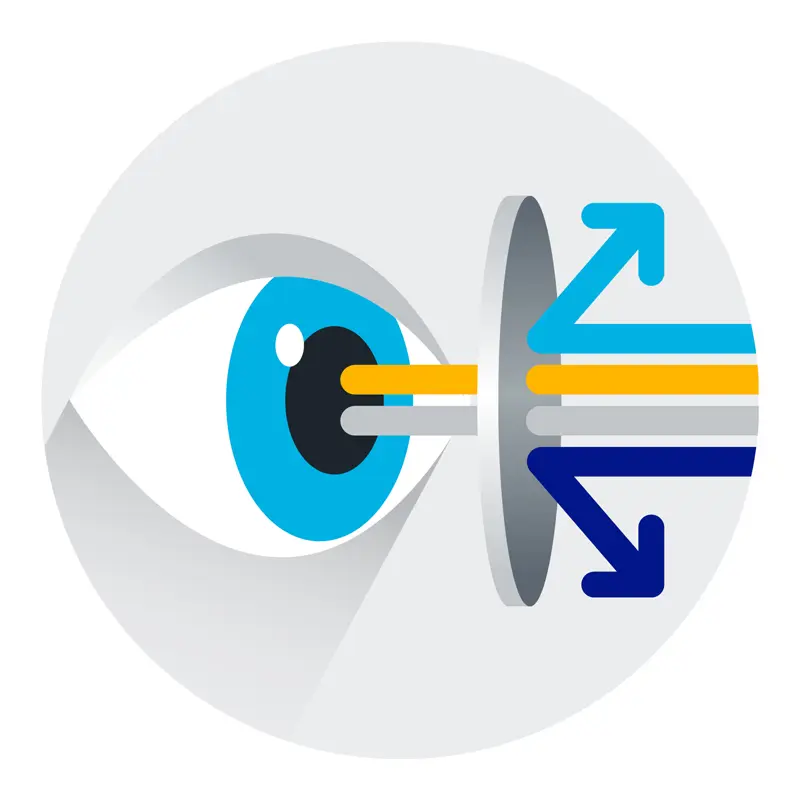The 411 on Blue Light

What is blue light? The sun contains all colors of light, which each emits different levels of energy. Red light has longer wavelengths gives off less energy, while blue light has shorter wavelengths and gives off more energy. Blue light is everywhere, and while you primarily get your exposure to blue light from the sun, these days, we’re getting more exposure from blue light inside – from our computer screens, cell phones, and televisions.
Blue light can negatively affect your eyes – including strain, dry or watery, and irritated eyes. Being exposed to blue light at night when we check social media or fall asleep in front of the TV can increase alertness since blue light has a high energy frequency, which delays the body’s release of melatonin and can adversely affect one’s sleep.
Here are a few reasons why you should limit blue light exposure!
Better Sleep
Spending time on screens before bed can make you more alert and delay melatonin release; blue light glasses can help block the energy levels given off from blue light. Turning off your devices about an hour before bed has also been proven to be helpful!
Less Eye Strain
Looking at screens all day can cause eye and muscle strain – and make you feel a little stressed. Practicing the 20-20-20 rule (every 20 minutes, look at something 20 feet away for 20 seconds), using eye drops to keep your eyes lubricated, and sitting at an arm’s length away from your screen can combat eye muscle fatigue.
Fewer Headaches
Blocking blue light can help diminish migraines and headaches from the harmful UV rays that reach your retinas.
While we know it’s going to be pretty hard just to stop looking at screens, there are ways to help block out a little bit of blue light! Let us know what your favorite blue light blocking glasses are!
Bring it home.
This is not medical advice. For medical advice, please see a licensed doctor.